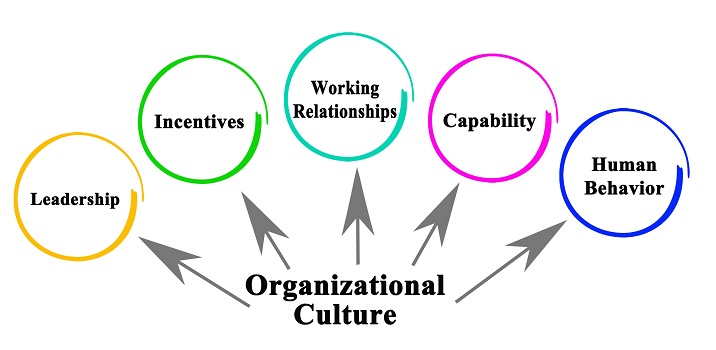Organizational culture is the shared set of beliefs, values, and norms that shape the way an organization operates. It is the glue that holds an organization together and helps it to achieve its goals. Organizational culture can be strong or weak, and it can be formal or informal.
A strong organizational culture is one where the values and beliefs are shared by a large majority of employees. This type of culture is often characterized by a high level of commitment and loyalty from employees. A weak organizational culture is one where there is little agreement on the values and beliefs. This type of culture can be characterized by low morale, high turnover, and a lack of productivity.
Formal organizational cultures are those that are based on explicit rules and procedures. Informal organizational cultures are those that are based on implicit understandings and unspoken rules. Formal cultures are often found in large, bureaucratic organizations, while informal cultures are often found in small, entrepreneurial organizations.
Organizational culture can have a significant impact on an organization’s performance. A strong, positive culture can help an organization to attract and retain top talent, innovate, and achieve its goals. A weak, negative culture can make it difficult for an organization to succeed.
There are a number of things that organizations can do to create and maintain a strong, positive culture. These include:
- Communicating the organization’s values and beliefs to employees. This can be done through employee handbooks, training programs, and informal conversations.
- Encouraging employees to participate in decision-making. This helps to create a sense of ownership and commitment to the organization.
- Recognizing and rewarding employees for their contributions. This shows employees that their work is valued and appreciated.
- Creating a positive work environment. This includes providing employees with the resources they need to do their jobs, as well as creating a culture of respect and trust.
Organizational culture is an important asset for any organization. By taking the time to create and maintain a strong, positive culture, organizations can improve their performance and achieve their goals.
Here are some additional tips for creating and maintaining a strong organizational culture:
- Be consistent. Employees need to know what is expected of them, and they need to be able to rely on the organization to uphold its values and beliefs.
- Be flexible. Culture is not static, and it needs to be able to adapt to changes in the environment.
- Be open to feedback. Employees should feel comfortable sharing their thoughts and ideas about the organization’s culture.
- Be willing to make changes. If the organization’s culture is not working, be willing to make changes.
By following these tips, organizations can create and maintain a strong, positive culture that will help them to achieve their goals.






